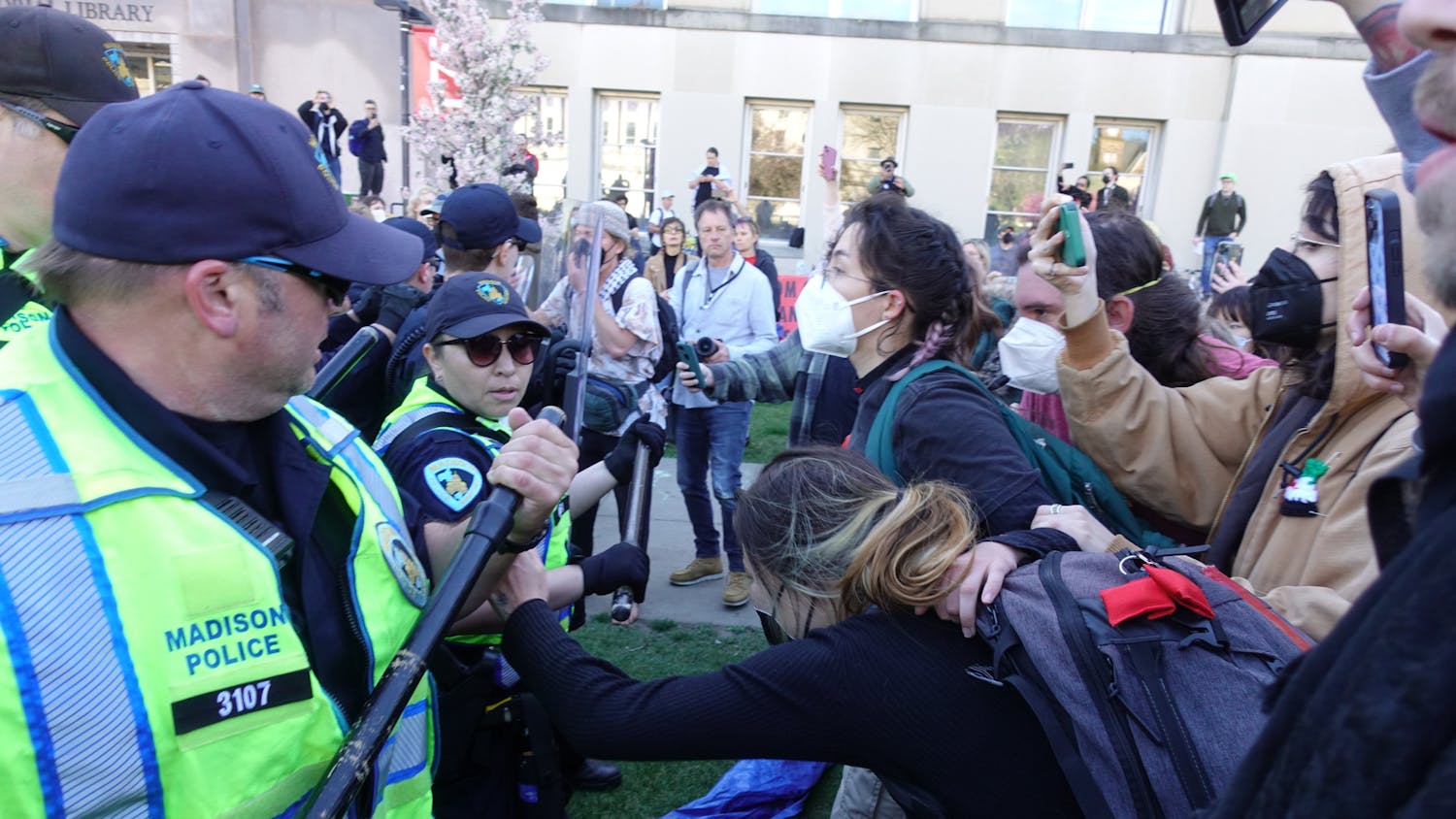Restrooms in the Student Activity Center will likely have free menstrual products at the start of next week, according to Governing Board Chair Nick Hall.
The Associated Students of Madison announced the program — which Hall called “an extension of the pilot program” underway in the Red Gym, College Library and Sterling Hall — in a press release Tuesday evening.
Currently Equity and Inclusion Chair Alex Hader is trying to expand the ongoing menstrual pilot program to other campus buildings. However, unlike the pilot, the SAC’s initiative will not be run through Facilities Planning and Management.
Hall said products will be provided through donations to the Open Seat, the student-run food pantry. A few years ago, the SAC tried to provide free menstrual products but didn’t have enough supplies to continue the program, according to Hall.
If the committee runs into this issue again, he said they will look to partner with a student organization like the Campus Women’s Center to ensure that the products are always available.
“I am excited for this program start and see what new connections can be made with other student organizations, so that this program can continue to operate and expand into other campus buildings,” Hall said in the release.
Hader, Hall and the Open Seat director have sat down to discuss the SAC program and are still working out details, Hall said.
Leaders aren’t sure if they could use the already-existing pay dispensers in the women's bathrooms to dispense products for free, or if they will need to purchase baskets. While products will be available in all women's and unisex bathrooms in the SAC, Hall couldn’t confirm if they would offer products in men’s restrooms while still figuring out logistics.
Student Council Chair Katrina Morrison also vocalized her support for the pilot when it was first announced.
“It’s definitely a deficit. And it's an unnecessary burden for ... students to have to go and purchase menstrual products,” Morrison said following the announcement of the pilot program. “So having them free and readily available in campus buildings is definitely a necessity.”
Nina Bertelsen contributed to this report.






